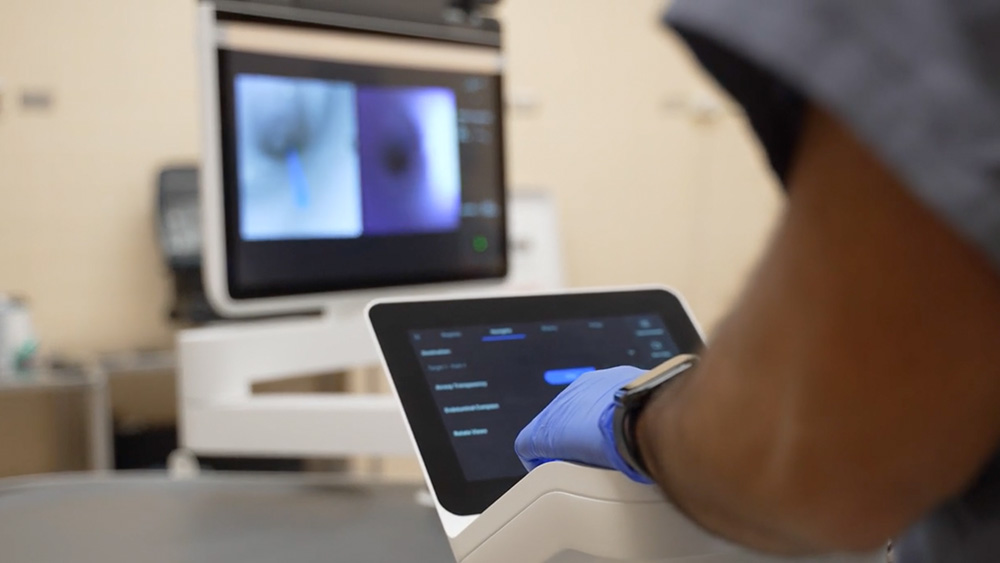Dedicated Care Through Your Cancer Treatment
When you need someone to guide you through your cancer journey, our medical oncology team is ready to go with you from day one. Our advanced training in cancer care gives us the knowledge to use precision therapies that work best for you. Together, we ensure your body and mind are strong throughout your treatment - and afterward.
Our Approach to Medical Oncology
We understand cancer care can be complex and feel overwhelming. With an interdisciplinary, patient-centered focus on cancer care, our medical oncologists offer compassionate, supportive care. We use the latest technologies and advancements in diagnosis, care, and treatment to kill cancer cells or inhibit cancer growth, and collaborate with other specialists for a holistic approach to cancer care that treats your body and mind.
Cancers We Treat
Our medical oncology team provides expert treatment for all types of cancer.
- Bladder cancer
- Bone cancers
- Brain tumors
- Breast cancer
- Colorectal cancer
- Esophageal cancer
- Gynecologic cancers
- Head and neck cancers
- Kidney cancer
- Liver cancer
- Lung cancer
- Lymphoma
- Mesothelioma
- Pancreatic cancer
- Prostate and testicular cancer
- Skin cancer
- Thyroid cancer
Our Services & Treatments
We offer a variety of diagnostic services and cancer therapies that we personalize based on your lifestyle, health, cancer type, and stage of disease - each with the goal of helping you live well during and after your cancer treatment.
- Chemotherapy
- Clinical trial access
- Diagnostic testing & biopsy
- Genetic counseling & testing
- Hormone therapy
- Immunotherapy
- Integrated and supportive care








